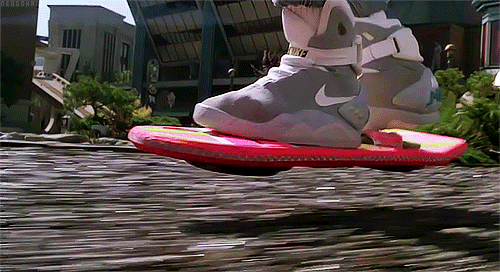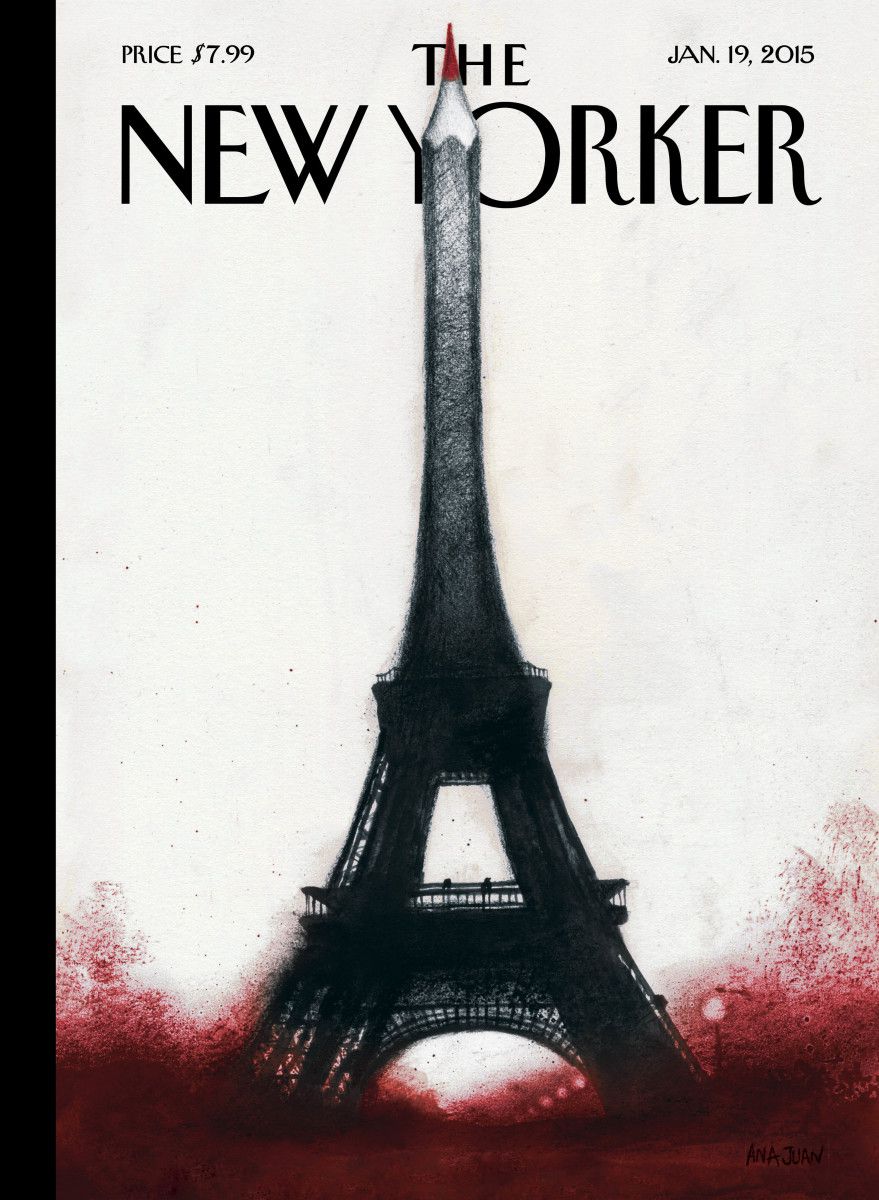 This is the book for this second term.
This is the book for this second term.
You will take the exam on Friday 27th of March.
You have to read Poe's biography at the beginning of the book and the five terrifying tales.
1. Make a glossary with the vocabulary defined in the book and the words you look up in the dictionary. Vocabulary is really important in this book, very specific and you will be asked about it both in context and using definitions.
2. Do the following exercises on your notebook. The comprehension questions will be mainly based on them. You will improve your writing and spelling. Do not write in the book.
I.The Pit and the Pendulum.
-pg 6, ex 1
-pg 8, ex 2
-pg 9, ex 3
-pg16, ex 1
-pg 17, ex 3
-pg18, ex 2
-pg 24, ex 1,2
-pg 25, ex 4
II.The Facts in the case of M. Valdemar.
-pg 33, ex 2
-pg 38, ex 1, 2
-pg 29, ex 3
-pg 40, ex 2
-pg 46, ex 1
III.The Black Cat.
-Read ex 1 from page 50, it will give you good information about the protagonist's behaviour.
-pg 50, ex 2,3
-pg 56, ex 1
-pg 58, ex 1,3
-pg 63, ex 1
IV.The Tell-Tale Heart.
-pg 72, ex 1
-pg 73, ex 2
-pg 78, ex 1
V.The Tell-Tale Heart.
-pg 84, ex 3
-pg 90, ex 1
-pg 95, ex 2
-pg 100, ex 1,3
To check if your answers are correct, click here for the solutions.
3. After doing the exercises, try to make a short summary of each chapter -2, or 3 lines-. When you have finished each tale you will have a nice synopsis in your own words. You can give it to me to correct it if helps you.
















